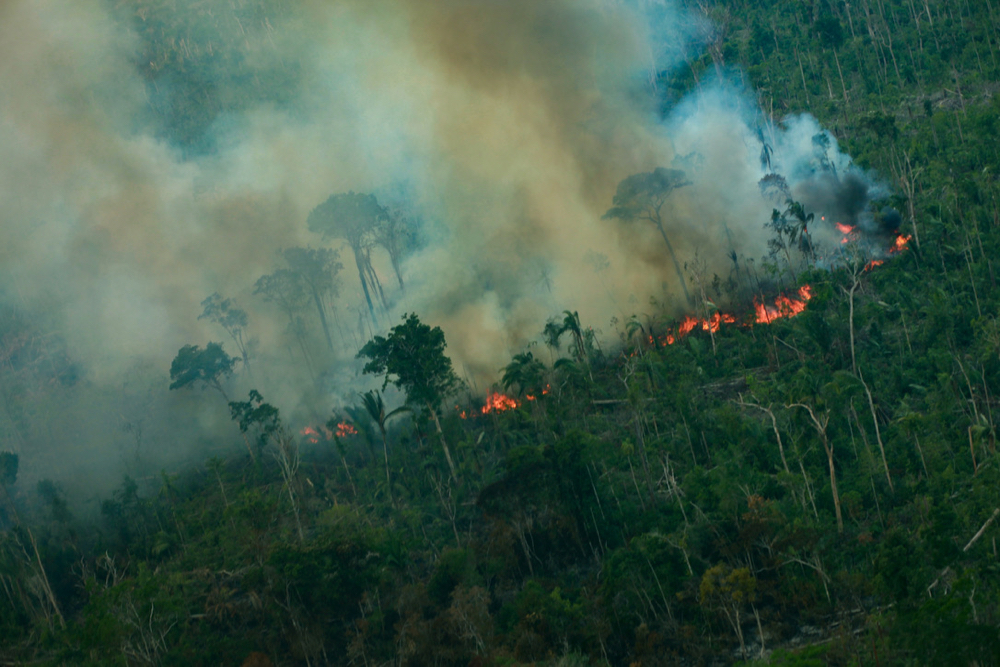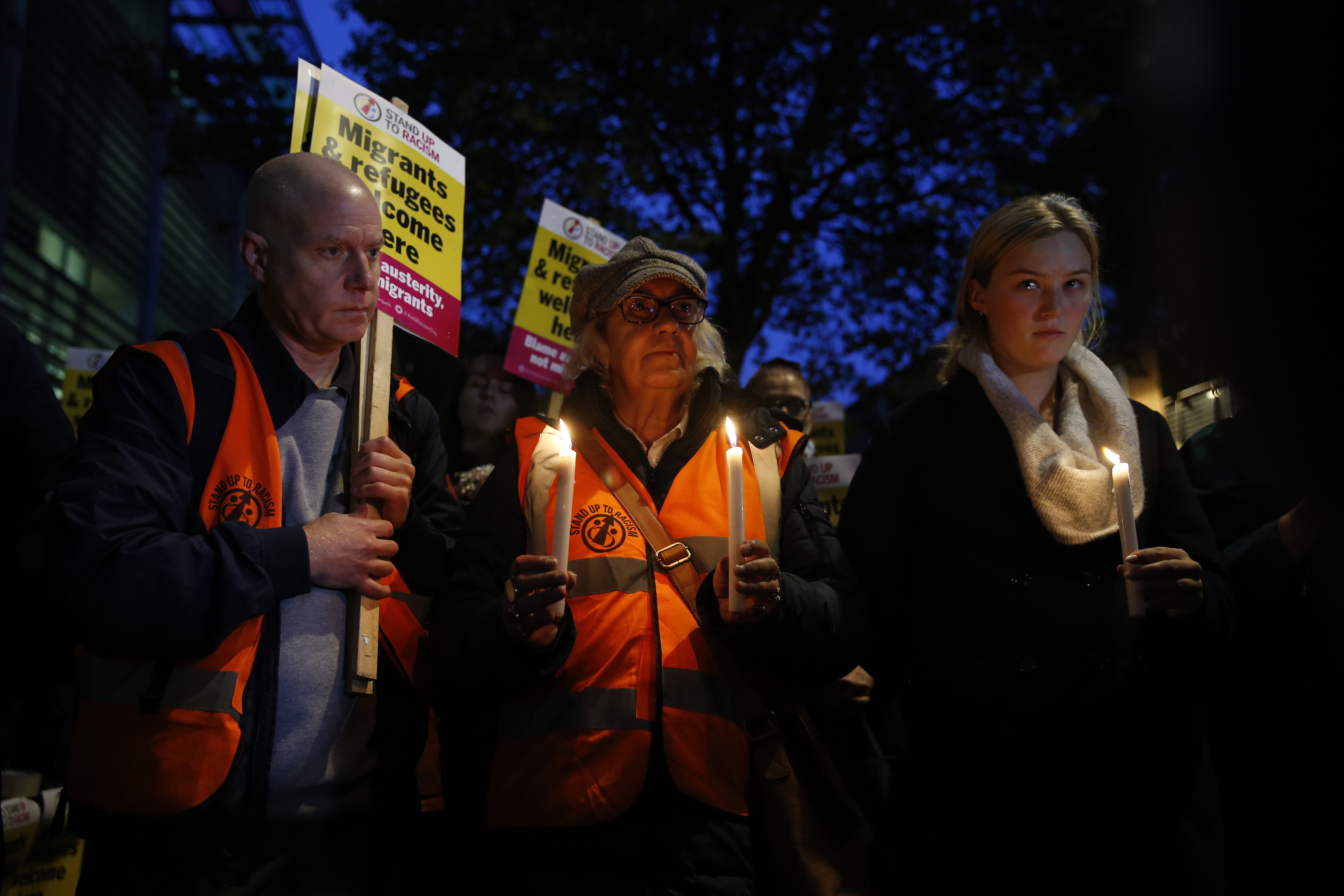Thirty-nine people lost their lives in a lorry container last week. We know very little at the moment about who they are. We are left to imagine their faces, their hopes and dreams – now unfulfilled – and to wonder at the circumstances that led to them to board that lorry. We know the temperature probably fell way beneath freezing on the journey. We can imagine that their final moments must have been terrifying. We can also imagine the agony their families and friends are enduring as they wait for news. Grief will surely engulf them once their worst fears are confirmed.
The scale of the loss of life is particularly shocking. It is important to say though that that was not an isolated incident. Fifty-six men and two women were found dead in a lorry container in Dover in the year 2000. Hundreds more were shipwrecked as they tried to reach Italy in 2013. Thousands of others, children, women, and men have lost their lives elsewhere trying to reach safety, a better life, or both. Many remain unnamed, unknown, their deaths unmarked. And this tragedy sits alongside a trade in human trafficking that occurs continually, hidden but all around us. It is a horrifying, everyday event.
It now looks likely that many of the victims in the lorry were Vietnamese – a fact the world discovered from a text a daughter sent to her mother saying she was about to die. I cannot think about this young woman’s terrifying journey without seeing in my mind the faces of the young Vietnamese men we accompany through our detention outreach work. They too have been trafficked to the UK, and then convicted of crimes they were forced to carry out by their traffickers, imprisoned and then held in immigration detention.
The stories of their lives are regularly marked by terrible suffering and desperation. Some were in fear for their lives in Vietnam, and were promised a route out to safety. Others sought a way to feed their families or pay off debt and were promised work. These were lies, and they soon discovered they had become enslaved, now their traffickers’ property. They were told by their traffickers that they should not seek help from the authorities. If they came to their attention, they would simply be put in immigration detention. In this, it turns out that the traffickers were telling the truth.
We meet many other people in our work at JRS UK who have also made terrifying dangerous journeys. Many will say that taking such a journey is a reckless choice, but refugees will often tell us that the choice was not a choice at all: risk everything on a journey which might end in death, or stay where they were and certainly be killed. Those we meet and come to know as friends are the lucky ones who survived the journey. There are many more we do not meet who die in search of a better life. These are people who need to move. And yet, society’s response is to make that ever more difficult. We build a matrix of rules designed to keep them out. But it is the very lack of safe regularised routes that fuels the desperation on which traffickers prey. Far from making anyone safe, it is the fortress itself that is deadly.
Last year, on the fifth anniversary of his visit to Lampedusa, where so many have perished trying to reach safety, Pope Francis condemned the temptation that takes the “form of closing our hearts to those who have the right, just as we do, to security and dignified living conditions… [that] builds walls, real or virtual, rather than bridges.” He has repeatedly decried the culture of indifference that allows us to shrug off the horror of the death of our brothers and sisters who die while knocking at our door, asking to come in. This terrible tragedy must surely be a moment for all of us to reflect on the multi-layered threads of injustice that underpin the scandal of their deaths and our unwillingness to look deeply at its causes. Their blood cries out to the conscience of each one of us. Are we willing to hear the cry and take heed?
Sarah Teather is Director of JRS UK.



 Loading ...
Loading ...
What do you think?
You can post as a subscriber user ...
User comments (0)